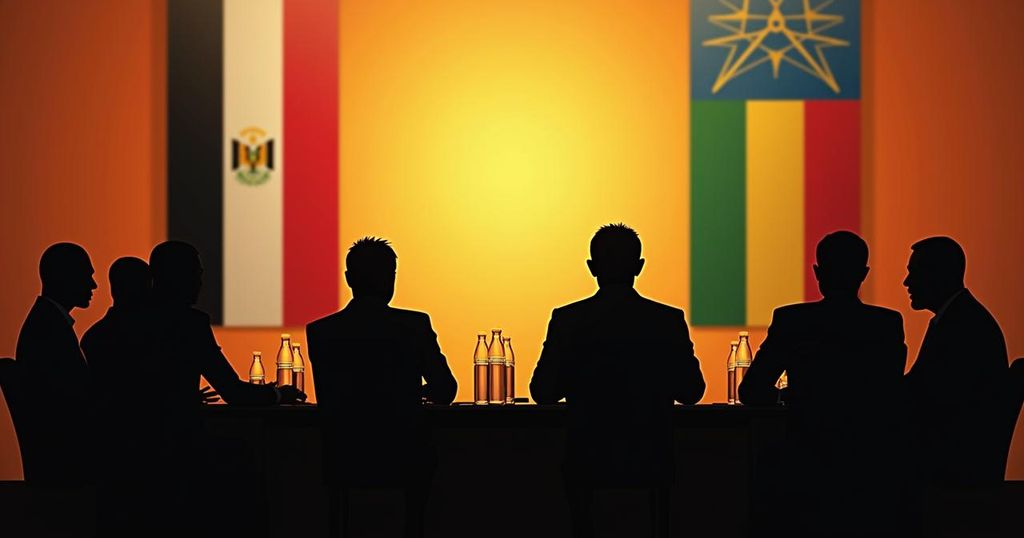BRICS Foreign Ministers’ Meeting Concludes without Consensus
The BRICS foreign ministers’ meeting in New York ended without a joint statement for the first time, highlighting the difficulties in achieving consensus among newly added members. The agenda included discussions on key issues like the Middle East conflict and a common currency, but reports indicated a stalemate due to conflicting positions on supporting permanent UN Security Council seats for India, Brazil, and South Africa.
A recent meeting of the BRICS foreign ministers, convened on the sidelines of the United Nations General Assembly in New York, marked a significant turn in the group’s dynamics, as it concluded without producing the customary joint statement. This unprecedented outcome has been attributed to the ongoing challenges in achieving consensus among the group’s newly expanded membership, which includes additional countries added last year. The anticipated joint document encompassed 52 paragraphs addressing a range of vital issues such as the Middle East conflict, proposals for a unified currency, and initial discourse regarding the expansion of BRICS membership ahead of the upcoming summit in Kazan, Russia, set for October. However, this optimism was thwarted when reports surfaced, primarily from Brazilian news portal UOL and subsequently confirmed by other channels, indicating that the meeting ended in a stalemate. Notably, Indian and Brazilian diplomats had previously established that any expansion of the BRICS organization would hinge upon the support of new nations for the aspirations of India, Brazil, and South Africa in seeking permanent representation on the United Nations Security Council.
The BRICS group, which comprises Brazil, Russia, India, China, and South Africa, has sought to enhance its role on the global stage, particularly through its potential expanding membership. Recent developments highlight increasing tensions and difficulties in reaching consensus within the group, particularly in light of the new members’ diverse interests and regional priorities. The call for permanent seats on the UN Security Council by key members such as India and Brazil underpins these discussions, and the recent inability to issue a joint statement reflects deeper fractures within the alliance as it navigates the complexities of inclusion and representation on international platforms.
The divergence among BRICS members was starkly demonstrated in the recent foreign ministers’ meeting, revealing an impasse that has emerged due to the varying interests and positions of the newer members regarding crucial decisions affecting collective aspirations, like securing permanent seats on the UN Security Council. This incident underscores the challenges the group faces in maintaining cohesion as it expands, signaling a need for greater diplomacy and engagement among its members moving forward.
Original Source: www.scmp.com








Post Comment